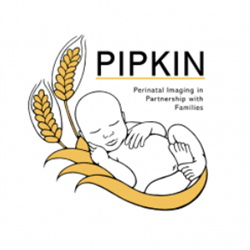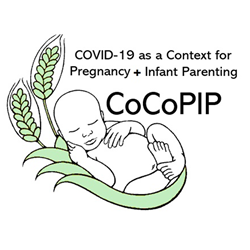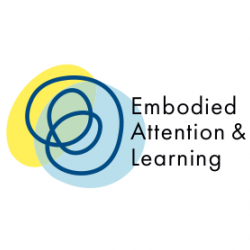Welcome to the Cambridge Babylab!
We are one of the Common Experimental Areas at the Department of Psychology, University of Cambridge. Our facilities are housed in the Craik-Marshall Building on Downing Site and are open to host any study in developmental psychology by members of the Department.
To date, a number of research groups have collected their data from our youngest participants in Cambridge Babylab. You can read about our past projects in Affiliated Projects Past and about our ongoing studies in Affiliated Projects Present. If you are specifically interested in participating in psychological research, please refer to Ongoing Data Collection section below.
Please, keep in mind that we share the floor with the CNE Babylab, - a research laboratory that accommodates members of Professor Usha Goswami's Center for Neuroscience in Education. To read more about their work, please follow this link.
Statement by the Cambridge Babylab Users:
We are a group of scientists interested in how babies and toddlers develop and learn about the world around them. We are fascinated by all of the changes that take place from birth – and even before – that help babies grow into walking, talking, curious toddlers.
We study early development in lots of different ways including brain imaging, tracking eye movements, and observing babies' behaviour. Please explore the links below to learn more about our research groups and about the studies you can participate in with your Little Scientist. We have research studies for Junior Scientists, Little Scientists & even Little Scientists who haven't been born yet!
If you live in or around Cambridgeshire, or are willing to travel to us, and are interested in participating in our studies, please send us an email or register your interest by filling out this questionnaire: we need to know a little bit about you first, in order to send you details of any studies your family might be suitable for. All information is kept confidential and will only be used to match you with suitable studies.
Ongoing Data Collection |
|
|
The PIPKIN project, led by Dr Sarah Lloyd-Fox and Prof Mark Johnson, is looking for participants. The study investigates the effects of pregnancy and birth on the baby's brain development with a wide range of methods. Whether you are expecting or have a baby under 5mo, you can register your interest directly via this link. For details, email pipkin@psychol.cam.ac.uk |
Cognition and Motivated Behaviour Lab, run by Dr Lucy Cheke, is recruiting participants for their double WaM-BaM project! They are interested in understanding how different experiences during pregnancy impact memory and cognition of both babies and mothers. The first part of the study (WaM) is fully online, while the second (BaM) takes place in Cambridge Babylab on Downing Site. |
Affiliated Projects Present |
|
|
The BRIGHT project is a long-term global study looking at how nutrition and environment affect neurocognitive development. Over the years, the data has been collected from infants in the Gambia and the UK. At its current stage, no new participants in the UK are being recruited, however the team based all over the world and often featuring familiar faces from the PIPKIN project, works tirelessly on data analysis and publications. Keep an eye out for new research outputs! |
Prof Becky Lawson's Prediction and Learning Lab housed their Baby PaL project in Cambridge Babylab in 2020-2022. The project featured a series of collaborations and addressed a number of questions from how babies' brains build new associations between sounds and images to EEG oscillations during play to how brain absorbs light while the baby giggles. All these help scientists understand how our brains compute complex cognitive input and what typical and atypical information processing is.
|
Affiliated Projects Past |
|
|
|
|
|
|
|









